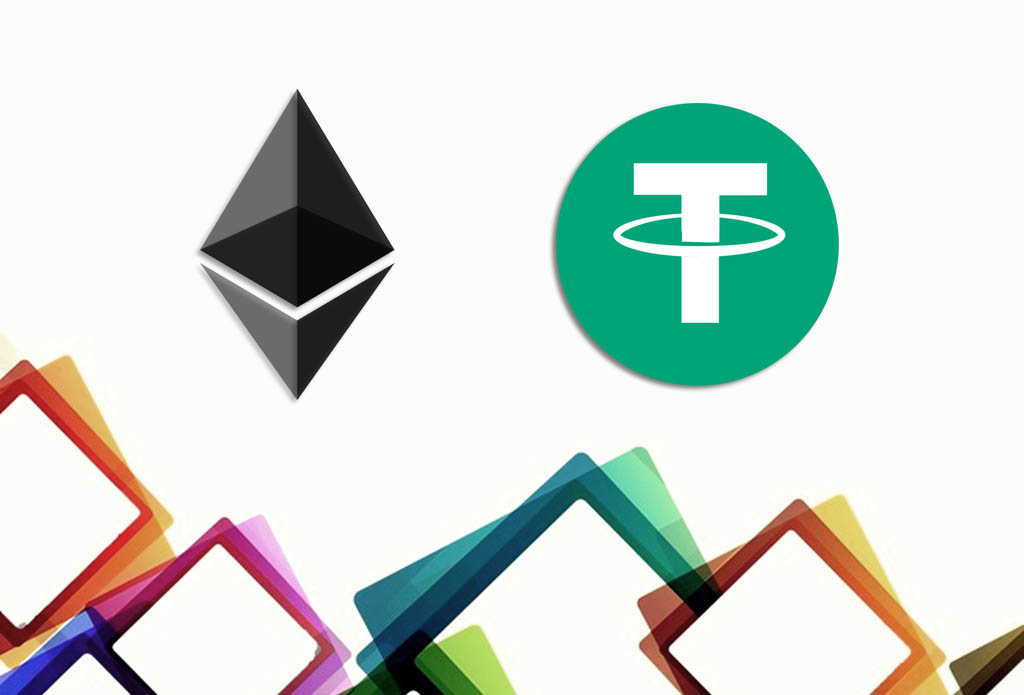Tether has issued USDT and EURT tokens on top of the ethereum blockchain, the company announced. The tokens are ERC20-compatible and are designed to complement the existing bitcoin based versions.
“Following the widespread success of our bitcoin based USD Tether, issued via the Omni Layer Protocol, we have today launched and issued both US Dollars and Euros as ethereum based Tether, compatible with the ERC20 standard. The ethereum based Tether allows for tokenized USD and EUR to be transferred over the ethereum network. This enables interoperability with ethereum based protocols and Decentralised Applications (DApps) whilst allowing users to transact and exchange fiat pegged currencies across the Ethereum Network,” an announcement on tether.to reads.
The ERC20 Tether tokens will have much lower network transaction fees and much faster confirmation times (15-30 seconds) compared with bitcoin based Tether on Omni. This will facilitate more efficient exchange arbitrage, and several partner exchanges are already working to integrate the new tokens, the company says.
Tether has launched the new contracts (USDT, EURT) and is currently in the process of transferring value across the chains.
At press time, $110,000 worth of USDT has been issued on the ethereum blockchain, compared with over 14.5 million euros worth of EURT.
These new ethereum based Tether tokens will not replace the bitcoin based ones, which are issued through the Omni Layer Protocol. The ethereum based USDT and EURT are not cross-chain compatible and will be completely separate from their bitcoin based counterparts.
Tether digitizes fiat currencies to create Tethers – digital tokens that are pegged to the value of the fiat currency they represent.
The company has been caught up in a storm of controversy lately, over lack of transparency; lack of a third-party audit on the tether reserves; ToS clauses that state the company has no obligation to redeem tethers at face value; other discrepancies in provided information, and alleged common ownership with the Bitfinex exchange.
A recent alleged hack pushed controversy surrounding Tether even further, sparking speculation over the veracity of the claims and the nature of the not-so-decentralized Omni network.











